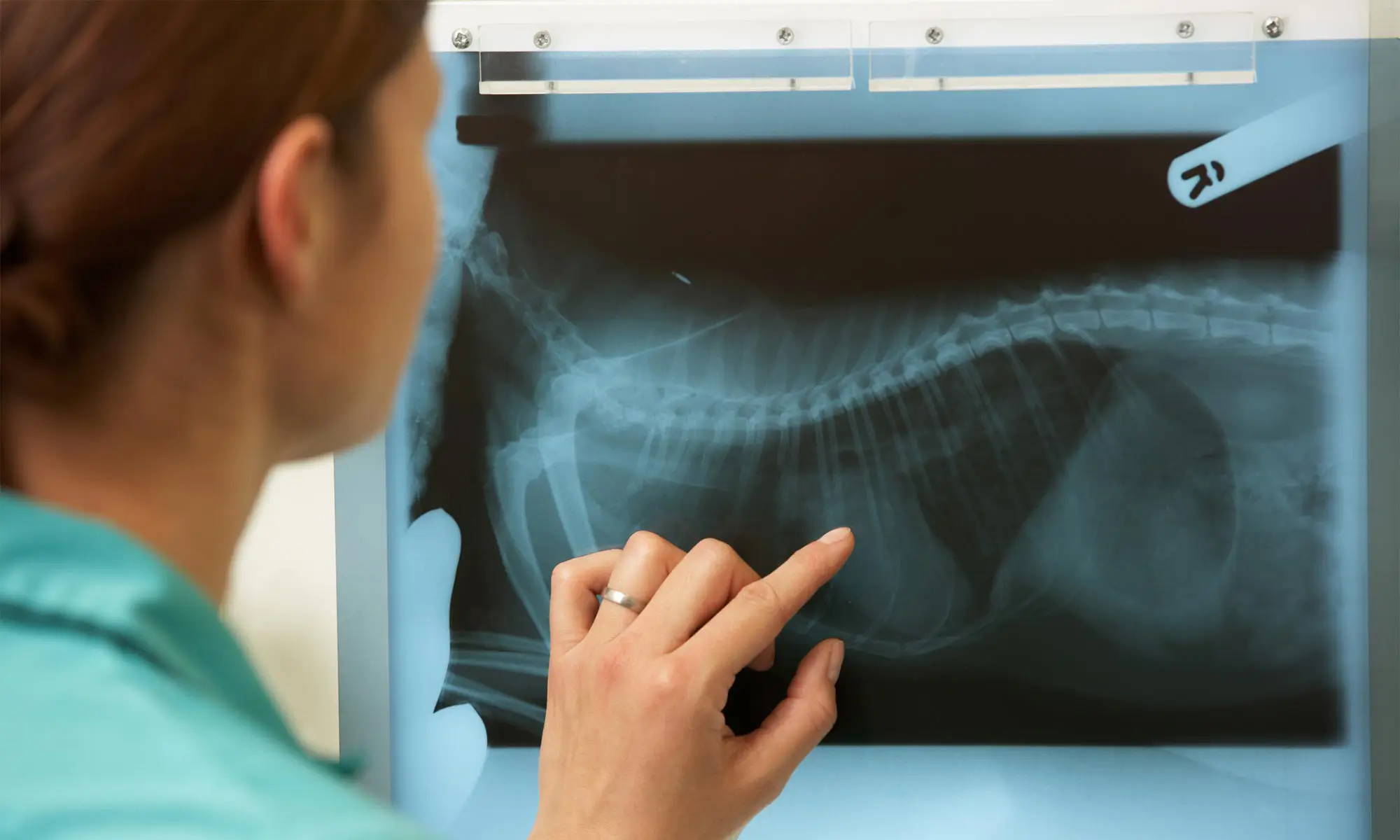Clear Answers, Better Care
When your pets aren’t feeling their best, you want answers—and fast. At Dallas Highway Animal Hospital, our advanced diagnostic services help us get to the bottom of what’s going on so you and your veterinarian can create the right treatment plan as quickly as possible.
From aches and injuries to unexplained symptoms, we have the tools to uncover what your pet can’t tell us.
In-House Diagnostics
Our in-house diagnostic capabilities mean less waiting and more peace of mind:
- Ultrasound—A safe, non-invasive way to see what's happening inside your pet's abdomen or chest. Great for evaluating organs, checking for blockages, and monitoring ongoing conditions.
- X-rays—Perfect for spotting fractures, arthritis, foreign objects, or even heart and lung issues.
- In-House Lab Work—Fast blood work and other testing so we can get results during your pet’s visit, not days later.
When your pet needs more specialized testing, we also partner with trusted external labs to send out samples for a deeper look.
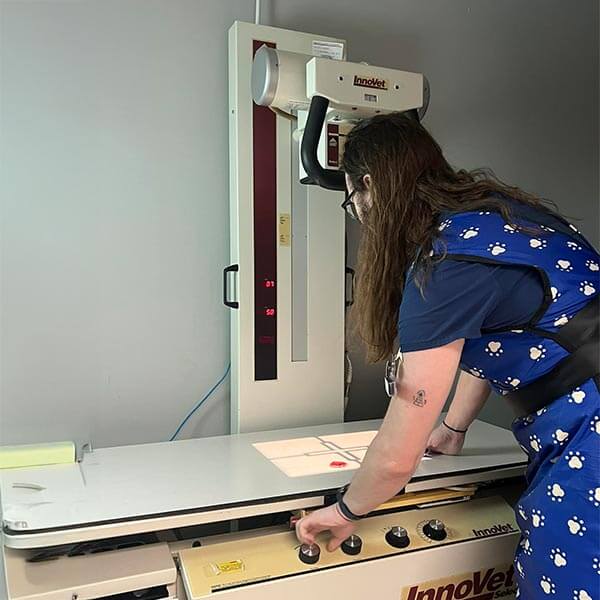
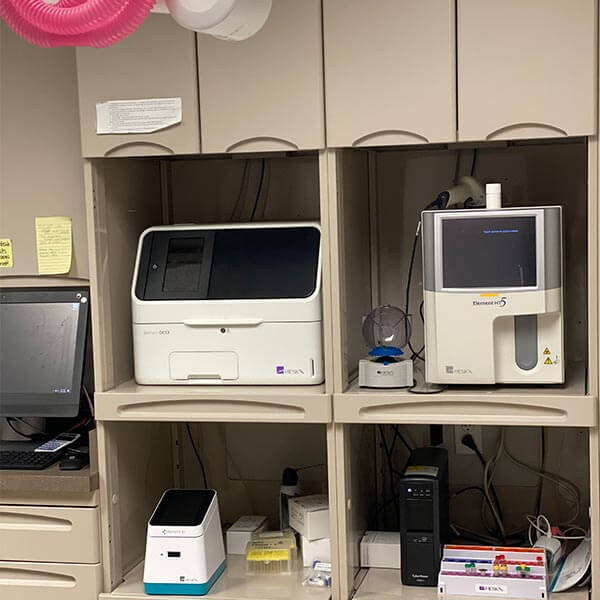
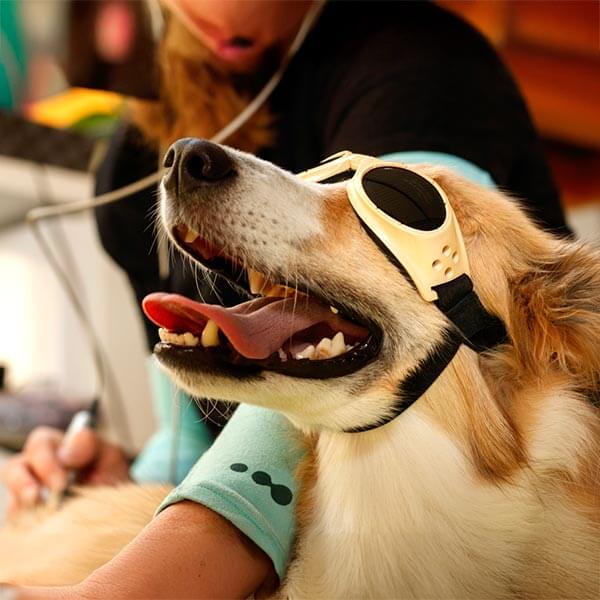
Laser Therapy for Healing
In addition to diagnostics, we offer laser therapy. Laser therapy is an innovative treatment option that provides a gentle, drug-free way to reduce inflammation, relieve pain, and speed up healing. Whether your pet is recovering from surgery, managing arthritis, or healing from an injury, laser therapy can make a big difference in their comfort and recovery time.
Your Pet’s Health, Clearly Understood
We know that when your pet isn’t feeling well, it can be stressful. Our diagnostic services are designed to take the guesswork out of care, giving you clear answers and a clear path forward.
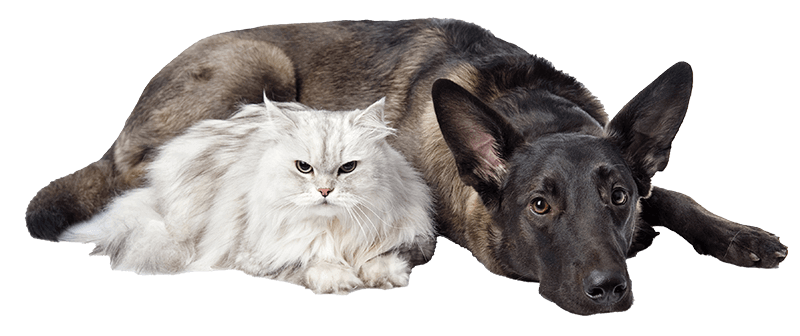
Need answers fast? Contact us to schedule a diagnostic consultation—because your pet deserves to feel better, sooner.

